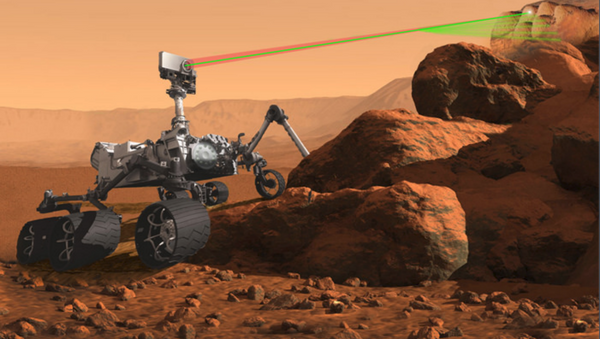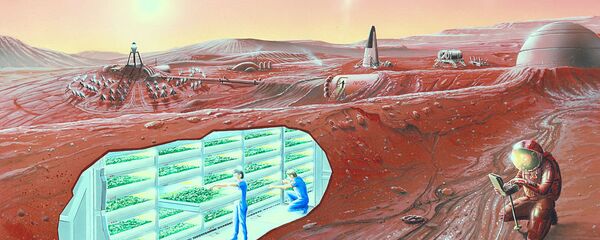Mars has long been the focus of speculation and scientific research regarding human colonization, given that its surface conditions and the presence of water on the planet make it appear relatively hospitable. No human has ever gone so far, but Lansdorp is determined to change that, and soon. The first group of four people is expected to be sent to Mars in 2027.
Lansdorp admitted, however, that one of the main obstacles in the way of the mission is financing.
"Every kilo you send to Mars is 100 thousand euros," he said, cited by Daily Sabah, adding that, "the cost of establishing the first colony will be $6 billion."
Fortunately, there are plenty of people dreaming about life on Mars and eager to provide space pioneers with financial support, among them scientists, engineers, businessmen and aerospace companies from around the world.
"At this stage, we have found a partner for the sponsorship and publishing rights worth $4.5 billion." Lansdorp said.
Another issue for consideration is, of course, the psychological readiness of the candidates. One hundred astronauts, selected from 200,000 volunteers, will be trained for the next ten years, in subjects including health, engineering, plant production, and teamwork, to name just a few. Those few astronauts who are chosen for the mission will not just pay Mars a visit, but will live there for the rest of their lives.
"We are testing the endurance of the candidates under the most difficult conditions. After 10 years of training in all these areas, we are aiming for these people to become fully fit for life on Mars," Lansdorp said.
"When we think of the people who migrated from Europe to America 100 years ago, they also went and left everything behind," he detailed, adding that the means of communication have improved dramatically. Residents of Mars will not have to wait long for a message to reach its addressee.
"You can write from Mars to the world with WhatsApp," he remarked.




